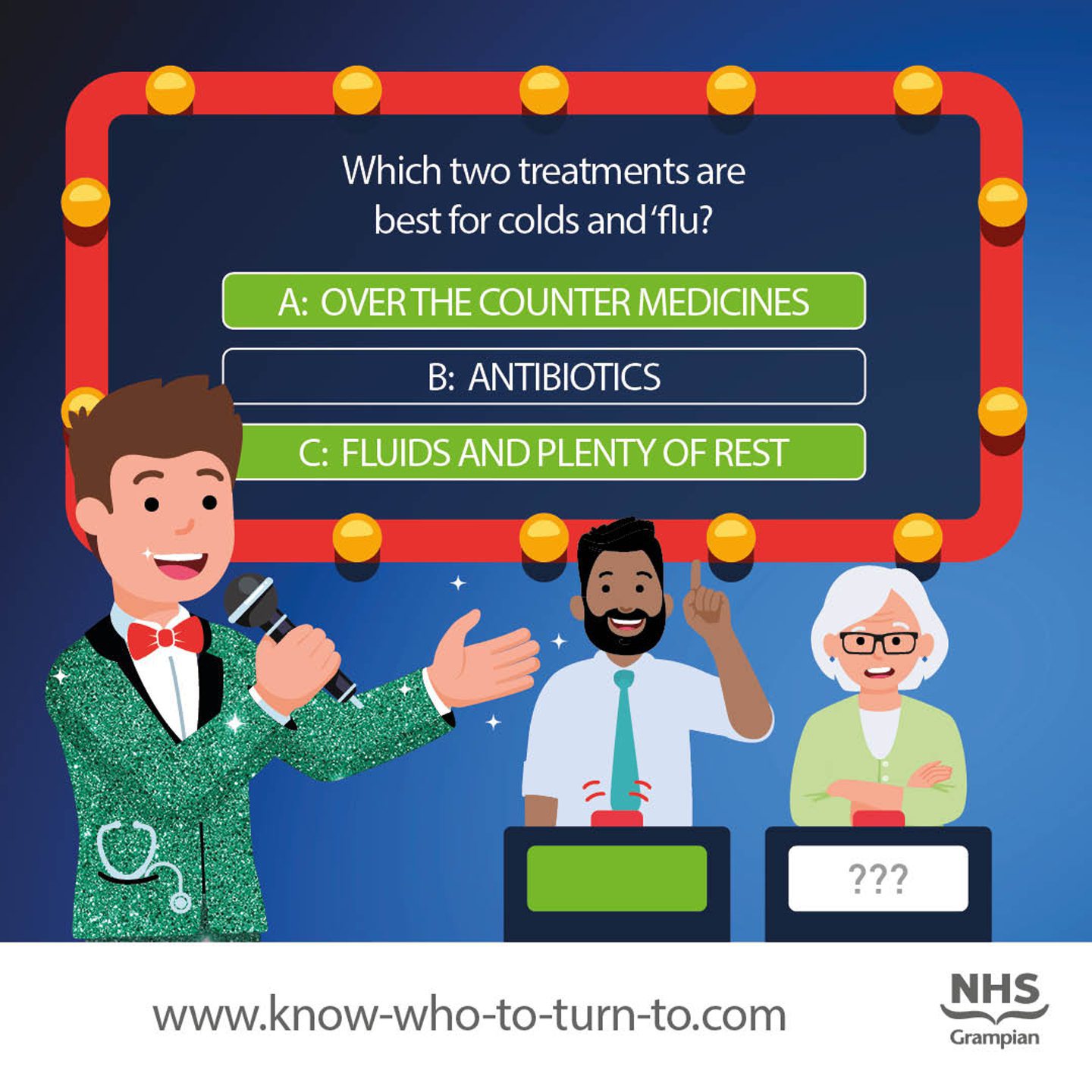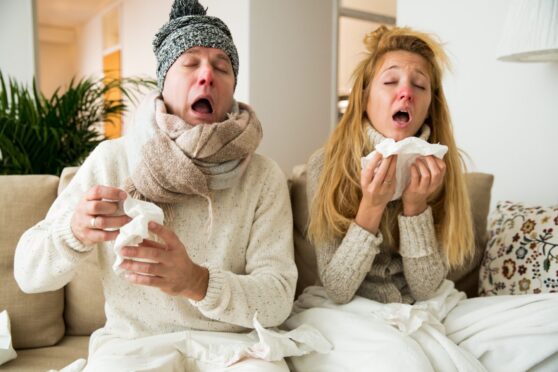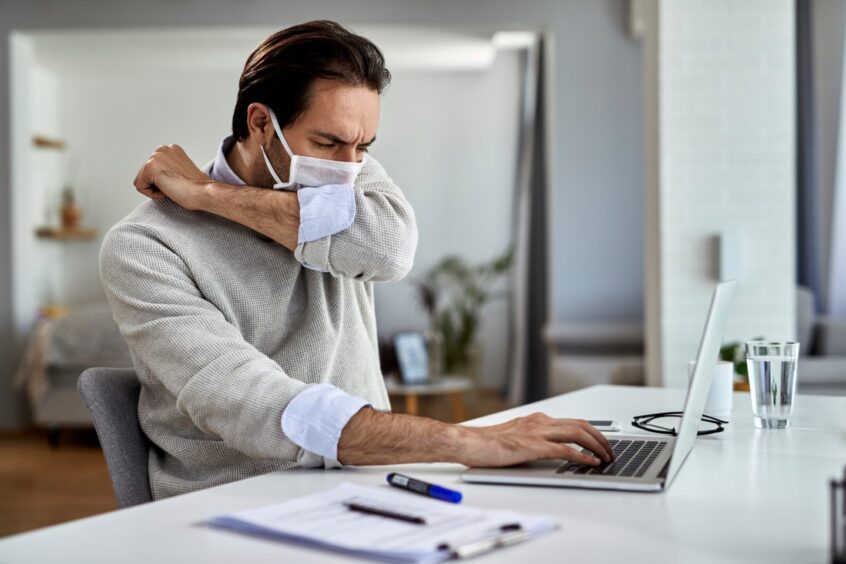NHS Grampian shares some useful advice to prevent winter illnesses, especially gastro intestinal and respiratory infections which spread more rapidly this time of the year.
-
Some Press and Journal online content is funded by outside parties. The revenue from this helps to sustain our independent news gathering. You will always know if you are reading paid-for material as it will be clearly labelled as “Partnership” on the site and on social media channels.
This can take two different forms.
“Presented by”
This means the content has been paid for and produced by the named advertiser.
“In partnership with”
This means the content has been paid for and approved by the named advertiser but written and edited by our own commercial content team.
Cold weather can make some health problems worse and even lead to serious complications, especially if you’re 65 or older, or if you have a long-term health condition.
How can you prevent winter illnesses? Here are simple tips to remember to make sure you’ll stay well all this season:
6 easy ways to prevent winter illnesses:
1. Take your vitamin D
During the winter months, people in Scotland are unable to get enough sunlight and vitamin D, which is important to improve bone and muscle health. That’s why it’s essential to take the recommended daily dosage of 10 micrograms of vitamin D, especially for those who are at higher risk for vitamin D deficiency. They include pregnant and breastfeeding women, children under five years old as well as people who have low or no exposure to the sun.
The good news is there are free vitamins and supplements available to these at-risk groups. Ask your midwife, health visitor or family nurse for information.
Find out more about the importance of Vitamin D.
2. Get vaccinated
The winter vaccination programme offers flu and COVID-19 jabs to a range of groups. To find out if you are eligible for either vaccination (or in some cases, both), visit the NHS inform website.
NHS Grampian encourages everyone to take up the offer of vaccination. Flu and COVID-19 are serious illnesses; getting vaccinated protects you and others around you.
Information on the local vaccination programme, including addresses for all clinics, is available at NHS Grampian’s vaccination programme website.
3. Know the proper way to sneeze and cough
Use a tissue to cover your mouth and nose when you sneeze or cough to help stop the spread of germs. Make sure to throw your used tissues in the bin and then wash your hands.
If you don’t have a tissue, sneeze or cough into your elbow, and not your hands. However, remember to wash your hands afterwards.
4. Wash your hands regularly
Handwashing is one of the simplest and most important things we can do to avoid getting sick and spreading germs to other people. Wash your hands with liquid soap and running water for at least 20 seconds after sneezing and coughing, after using the bathroom and right before eating.
5. Make it a habit to clean your surroundings
Did you know that the cold virus can live on hard surfaces like light switches and TV remote controls for 24 hours?
To prevent sickness from spreading, clean surfaces at home and at work on a regular basis then dispose of or wash all cleaning cloths straight away.
For clothes, towels and beddings, wash them at higher temperatures to kill germs. Some mop heads are disposable and should be discarded after use, others can be laundered and should be washed at highest temperature possible.
6. Stay home if you feel unwell
Those with the flu are most contagious during the first three days of their illness.
People who feel unwell with respiratory symptoms should stay home at until they feel completely well and have not had a fever for at least 24 hours – whichever is the longest.
Those with sickness and diarrhoea should stay at home until 48 hours have passed since their last symptoms.

- For further information on how to keep, well, warm and safe this winter see NHS Grampian’s Winter Booklet.



